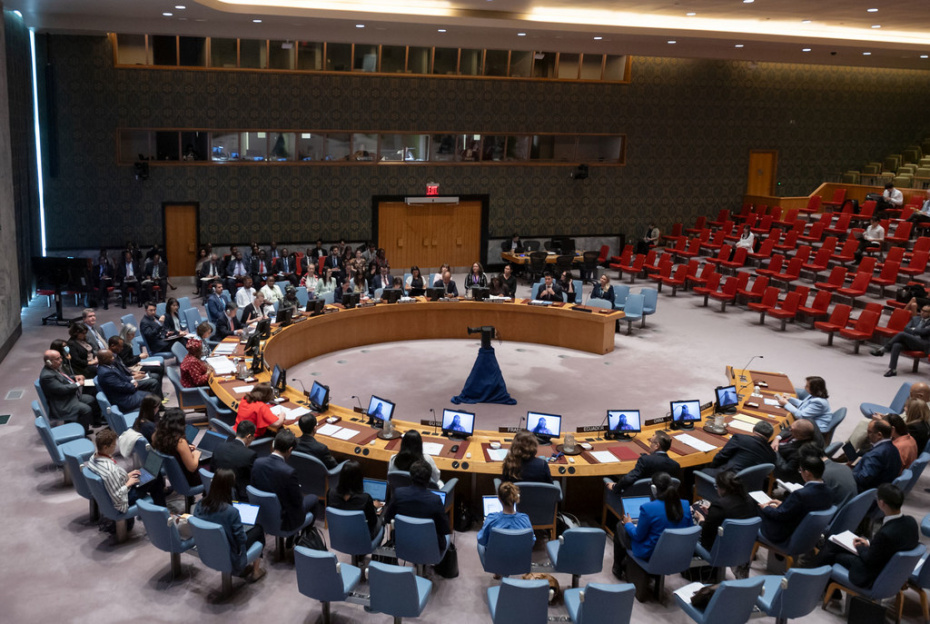This briefing analyses the current situation of women’s rights in Afghanistan, taking a long view. Women’s rights have been an intense battleground between different actors for over a century, with periods of promising reforms followed by resistance and often reversals of progress.

© Savvapanf Photo / Adobe Stock
Written by Gabija Leclerc and Rosamund Shreeves.
Since the Taliban regime overtook the country in mid-August 2021, Afghanistan’s record on women’s rights has been one of the worst, if not the worst, in the world. Despite promises to ‘uphold women’s rights in line with Sharia law’, the Taliban have suppressed the rights of their citizens, with women the main target of restrictions. As well as prohibiting women and girls from travelling without a male relative, the Taliban have denied them post-primary education, banned them from numerous public places, and restricted their employment to healthcare and primary education. In December 2022, women were banned from working for non-governmental organisations in most sectors. In April 2023, the ban was extended to include Afghan women working for the United Nations mission in the country. In August 2024, the Taliban published a law codifying existing norms and introducing new ones, including a prohibition on women’s voices being heard in public.
This crackdown on women’s rights has attracted considerable international condemnation, including from Muslim states. In response to the regressive policies, many international donors have reduced or threatened to halt their humanitarian assistance, upon which the country is strongly reliant. It is feared that women could, unintentionally, be the worst affected by this reduction or suspension of humanitarian aid. The Taliban nevertheless appears inflexible, leaving international actors with a dilemma as to how to proceed.
The European Union (EU) has been engaged in Afghanistan since the mid-1980s and has prioritised the advancement of Afghan women’s rights. While changing its terms of engagement, it has continued to provide humanitarian aid and to support civil society. The European Parliament has followed the situation closely and recommended further action to support Afghan women and girls.
This briefing analyses the current situation of women’s rights in Afghanistan, taking a long view. Women’s rights have been an intense battleground between different actors for over a century, with periods of promising reforms followed by resistance and often reversals of progress. This helps to explain how a country where women won voting rights in 1919 – earlier than in most of the Western world – has ended up treating its female population in a manner that possibly amounts to a crime against humanity.
This briefing updates an earlier one written by the same authors in April 2023.
Read the complete briefing on ‘Women’s rights in Afghanistan: An ongoing battle‘ in the Think Tank pages of the European Parliament.


Members' Research Service
The central task of the Members Research Service is to ensure that all Members of the European Parliament are provided with analysis of, and research on, policy issues relating to the European Union, in order to assist them in their parliamentary work.
UN Security Council to hold meeting on Afghanistan amid concerns over women’s rights

The United Nations Security Council has announced a meeting on Wednesday, September 18, to discuss the situation in Afghanistan.
The session will include briefings from Roza Otunbayeva, head of the U.N. Assistance Mission in Afghanistan (UNAMA), Sima Bahous, executive director of U.N. Women, and a representative from Afghan civil society.
The meeting comes amid growing international concern over the Taliban’s treatment of women and girls. On September 6, in response to the Taliban’s newly announced morality law, members of the Security Council urged the group to swiftly reverse policies that curtail women’s rights in Afghanistan.
The Council expressed deep concern over the ongoing restrictions on women’s education, employment, and freedom of movement, calling on the Taliban to respect the rights of Afghan women and girls. “The Taliban must listen to and respond to the voices of Afghan women and girls by respecting their rights to education and work, as well as their freedoms of expression and movement,” read a joint statement issued by 12 Council members, including the United States, the United Kingdom, France, and Japan.
The statement condemned the Taliban’s systemic gender discrimination and warned that the new morality directive would deepen the already severe restrictions imposed on Afghan women. The decree gives inspectors broad powers to enforce policies that limit women’s participation in public life.
“This latest decree deepens the already unacceptable restrictions on the human rights and fundamental freedoms of all Afghans,” the statement said, adding that these policies will have long-lasting negative effects on Afghanistan’s future.
Since the Taliban’s return to power in 2021, the Security Council has repeatedly raised alarms over Afghanistan’s deteriorating humanitarian situation. In April 2023, the Council unanimously passed Resolution 2681, which called for the full, equal, and meaningful participation of women and girls in Afghan society. The upcoming session is expected to renew that call, with a focus on reversing policies that threaten Afghanistan’s stability and prosperity.













